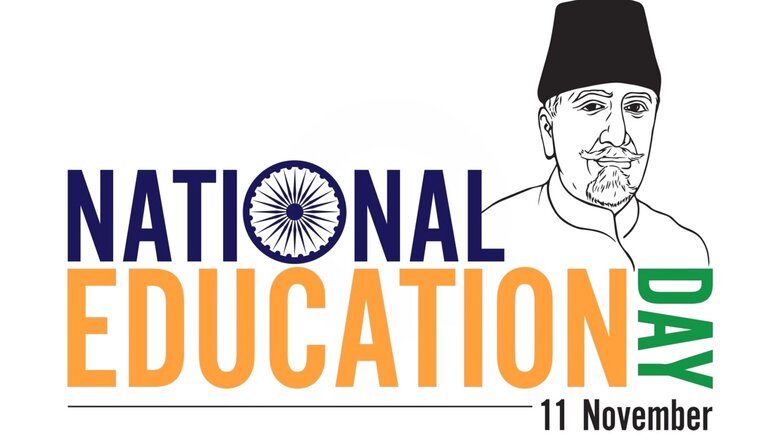
views
Every year since 2008, India has celebrated the National Education Day on November 11 to commemorate the birth anniversary of the man of many talents — Maulana Abul Kalam Azad, the first Union Education Minister of India.
In September of 2008, India’s Ministry of Human Resource Development (now, known as the Ministry of Education) declared the birth anniversary of Abul Kalam Azad as the National Education Day.
This Education Day, let’s get to know about the educational qualifications of our Education Ministers.
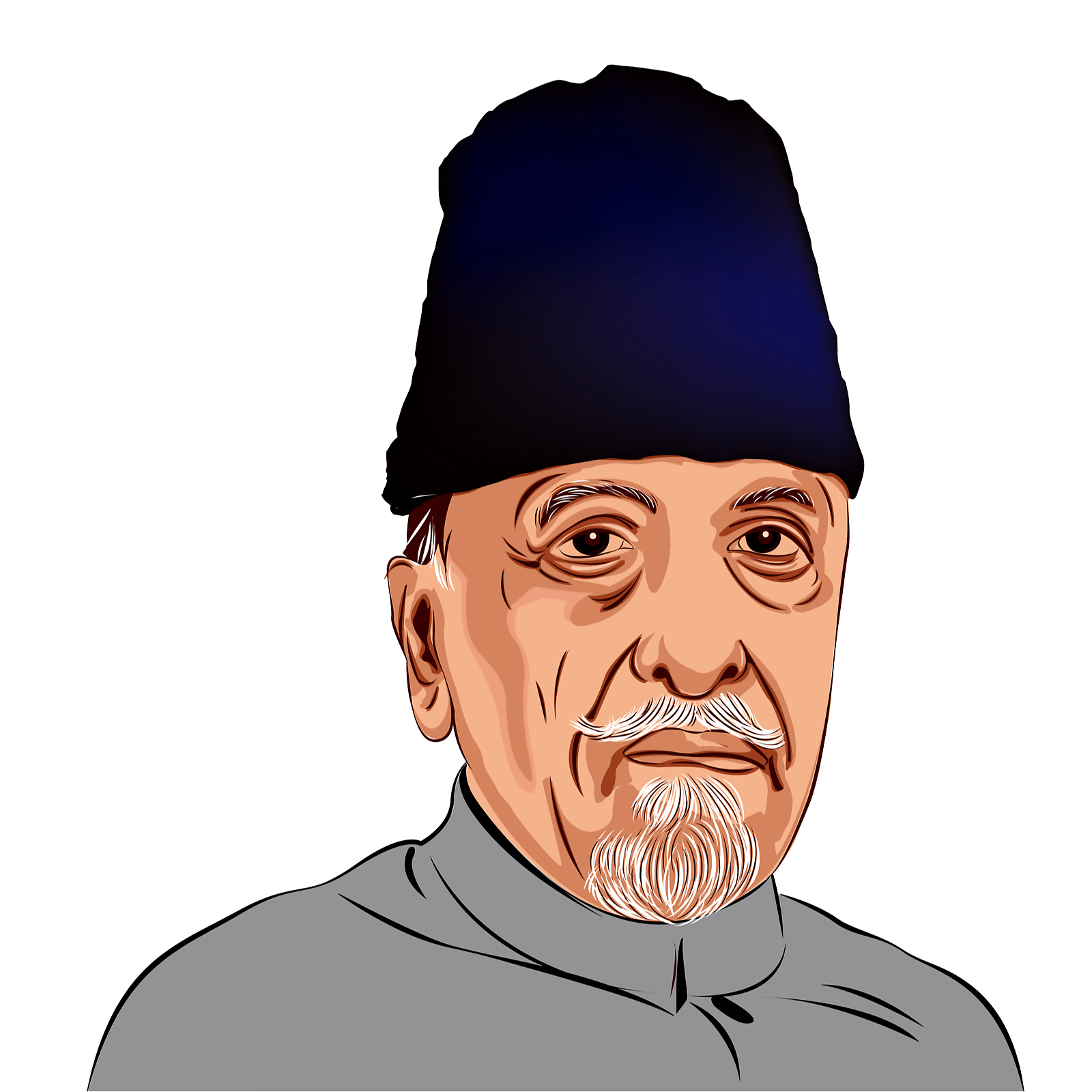
The first Union Minister of Education of independent India, Maulana Abul Kalam Azad, a freedom fighter, an eminent educationist and a journalist was a home-schooled and self-taught man. He mastered many languages, including Arabic, Bengali, Persian, and English. An avid and determined student, Azad was also trained in several subjects such as mathematics, philosophy, world history, and science by tutors hired by his family.
India’s first education minister, Azad became active in journalism when he was in his late teens, and in 1912, he began publishing a weekly Urdu newspaper in Calcutta called the Al-Hilal (The Crescent). Later, he established several institutions such as the illustrious Jamia Millia Islamia in Delhi.
India has seen many leaders who have headed the ministry since him. The most recent being the current Education Minister Dharmendra Pradhan. Here is a look at the five most recent education ministers and their education qualifications –
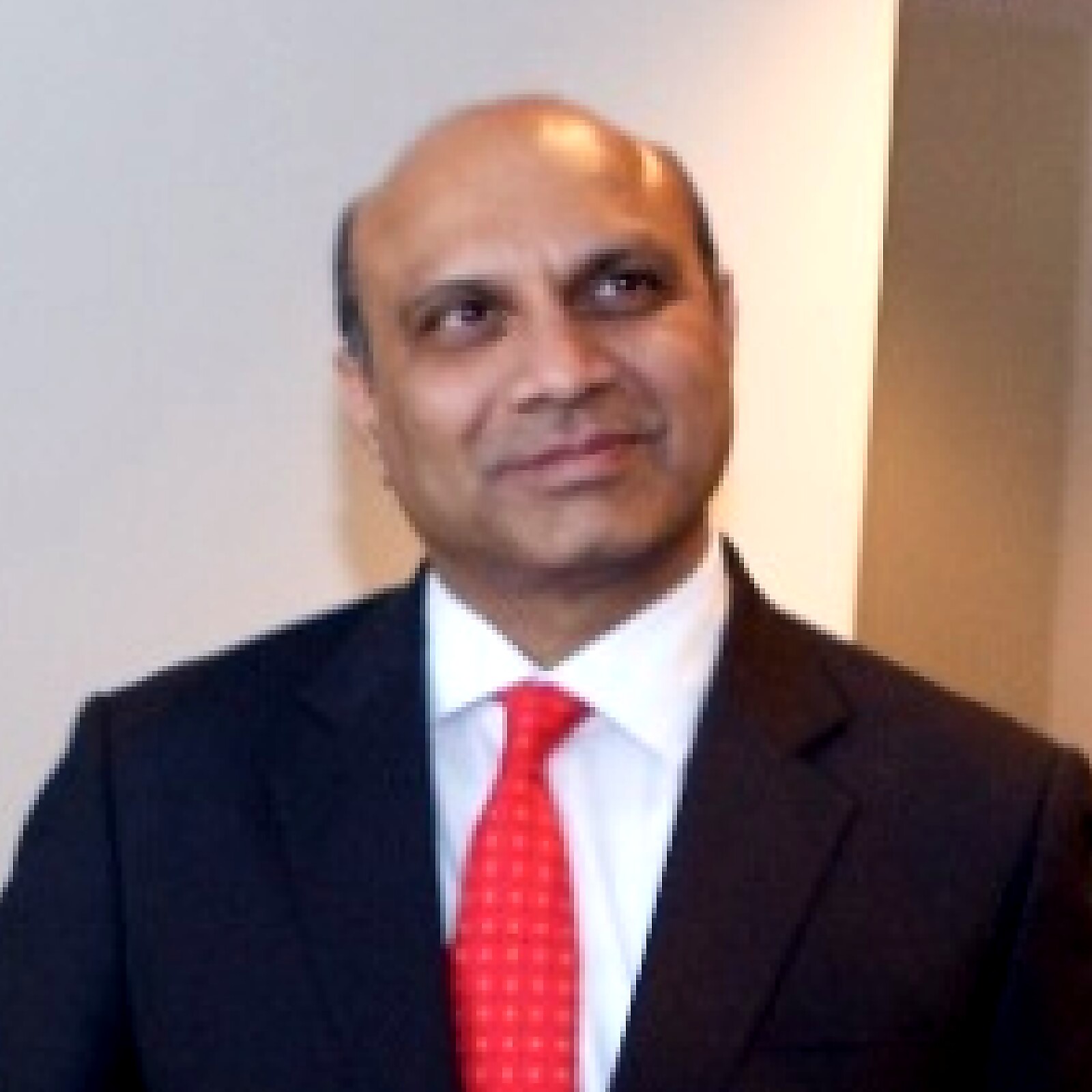
Mallipudi Mangapati Pallam Raju was the 27th Union Minister for Human Resources Development (HRD) in the Central Government. He has worked during the tenure of former prime minister Manmohan Singh’s government in 2012.
He finished his schooling at the Hyderabad Public School, Begumpet (HPS), in 1979. He then earned his undergraduate degree in Electronics and Communication Engineering from Andhra University, Visakhapatnam in 1983. Further, he went on to get an MBA degree from the Fox School of Business and Management at Temple University, Philadelphia, USA, in 1985.
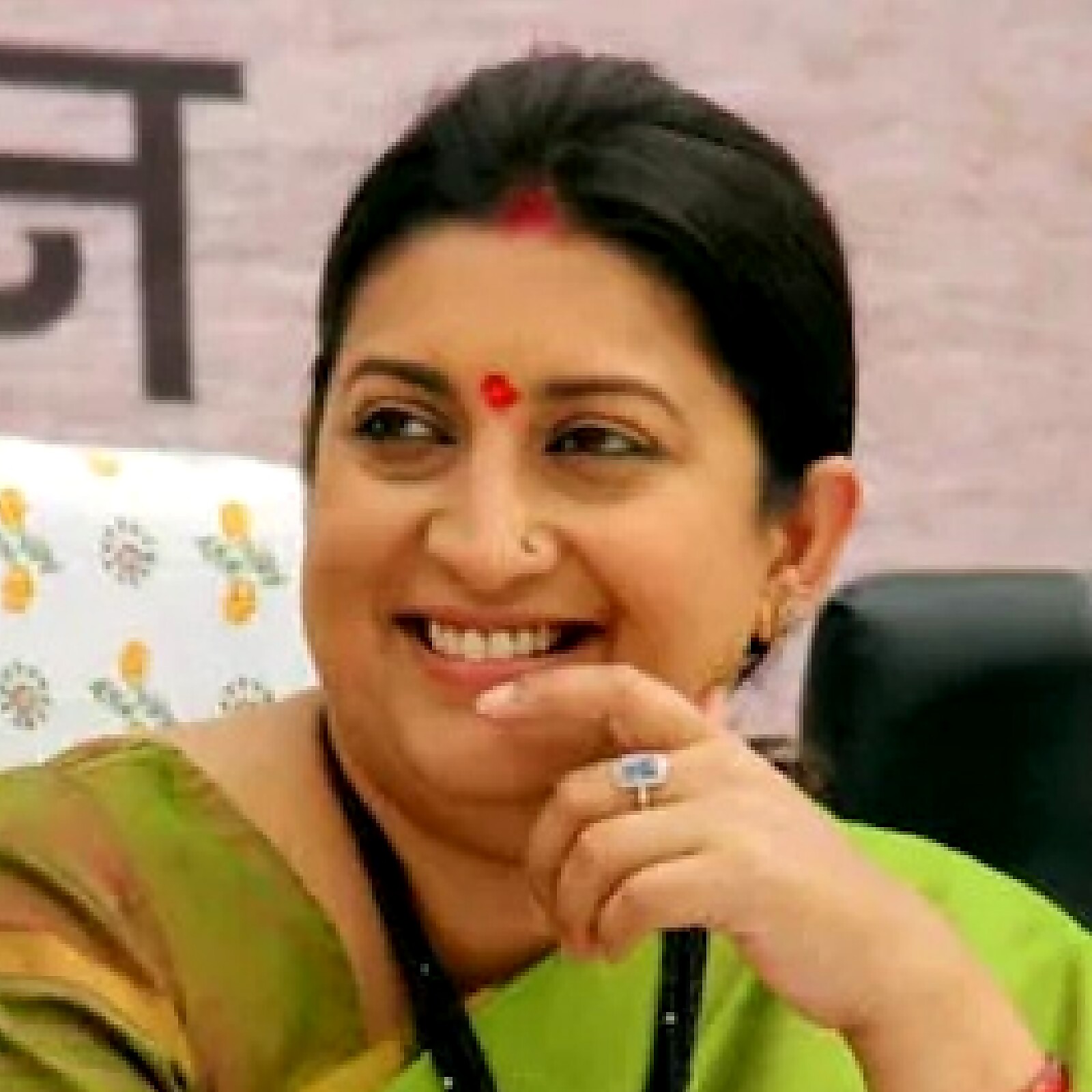
Smriti Irani was the 28th education minister. Irani was the minister for two years and 40 days. Smriti got her early education from the Holy Child Auxilium School, New Delhi. Later, she enrolled in the School of Open Learning at the University of Delhi. After controversies over her education floated in 2019, she revealed that she had written her first-year B.Com exams from that institution but had not completed the three-year degree course.
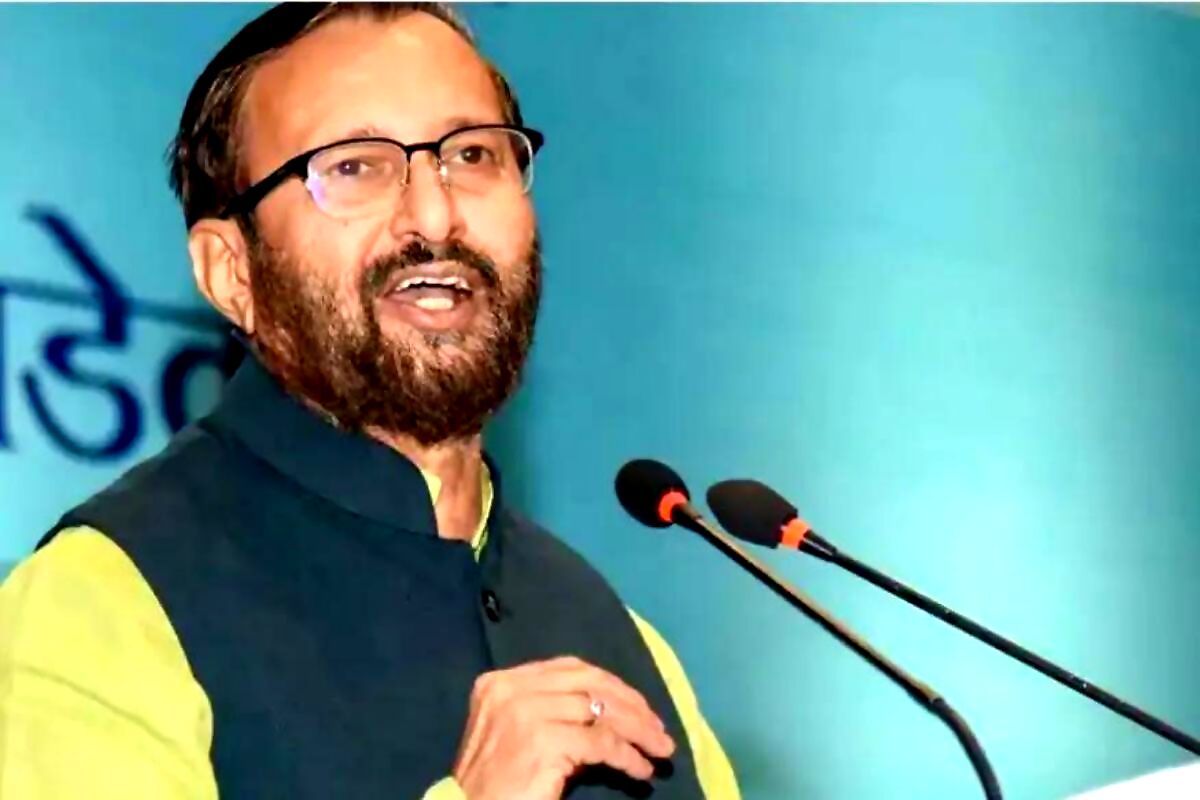
Prakash Javadekar became the 29th education minister of India in July 2016. He has completed his BCom (Hons) from the University of Pune, now known as Savitribai Phule Pune University (SPPU). Javadekar’s wife is also an education researcher. She has been director of Indira Institute of Management, Pune. One of his two sons, Apoorva Javadeark is an assistant professor of finance at the Indian School of Business.
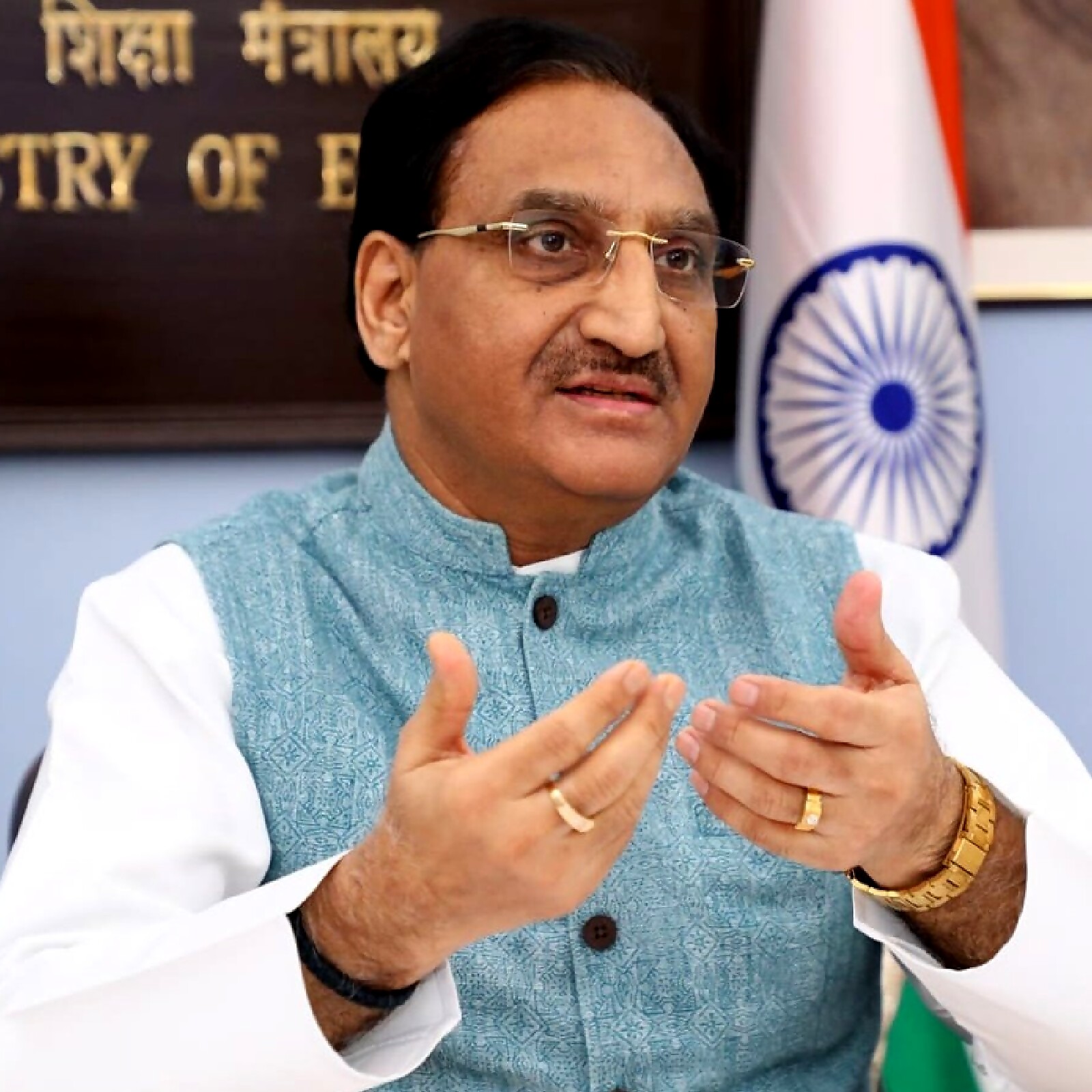
Ramesh Pokhriyal became the 30th education minister of the country in 2019. He joined the ministry as HRD Minister and resigned as an Education Minister. The name of the ministry was changed during his tenure.
Pokhriyal was born in Uttarakhand’s Pinani village and received an MA degree from the Hemwati Nandan Bahuguna Garhwal University. During his tenure as Education Minister, National Education Policy (NEP) was launched. The policy was being drafted from much before his appointment. NEP 2020 and was launched jointly by Pokhriyal, Javadekar, and Smriti Irani.
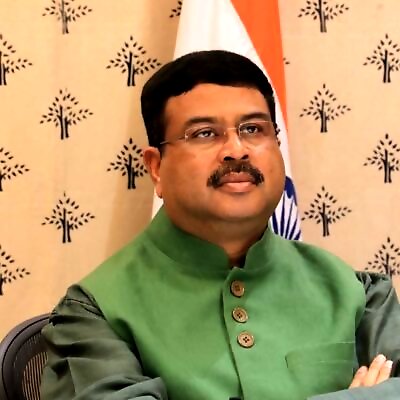
Dharmendra Pradhan is the current Minister of Education as well as
Skill Development and Entrepreneurship. The longest-serving Minister of Petroleum and Natural Gas in India, Pradhan is also known as the ‘Ujjwala Man’. Pradhan, a native of Talcher in Odisha, holds a postgraduate degree in Anthropology from Utkal University in Bhubaneswar. He is an alumnus of the Talcher College, where he started his political journey as the president of the students’ union.
Read all the Latest Education News here












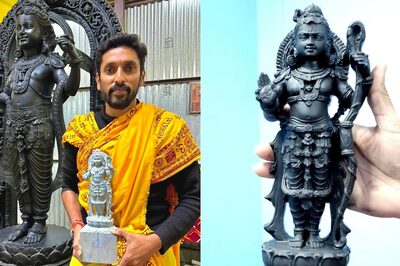
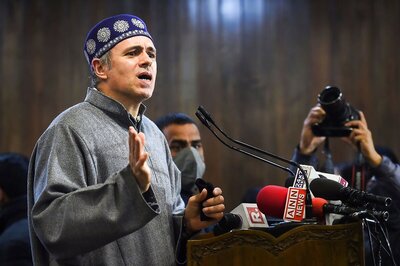





Comments
0 comment